There are certain points in a company’s lifecycle when it has the opportunity to raise money. Whether it is a friends and family pre-seed round or an IPO on the big board (a fancy way of saying going public on a large exchange like the New York Stock Exchange), taking money from others has plenty of costs, many of which are not initially obvious.
At a high level, equity is an ownership stake in a company. A founder or CEO is giving up partial ownership of the company for cash — literally selling off a piece of the business. While equity might seem cheap to issue since you do not have to pay it back to the investor, it has its own unique non-monetary costs.
I separate equity raising into three stages: early, mid and late.
This usually is a friends and family or seed round. These investors have varying motivations, but mainly they just want you to succeed. If your investors are friends and family, odds are they will be happy if they just get their money back.
A seed round investor has varying motivations. Some invest for social legitimacy and to stay relevant in the investment “scene,” as Alex Danco explains eloquently in his post “The Social Subsidy of Angel Investing.” Most early-stage investments do not cost much in equity; however, the cost is much more emotional if you fail.
Imagine going to your friends and family and saying not only did your business not work out, but they are not going to get any of their money back. This loss may get revisited at all family occasions. Setting investor expectations is always important, especially with your friends and family who might not be sophisticated investors.
I put any round after seed, but before going public in this bucket. These are usually the “letter rounds”: series A, B, C, etc. While the point of raising a round is to help get a company to the next level, ironically the largest cost is optionality. There are certain roads that will be closed to you after you raise money, especially depending on whom you raised from. I break out the mid-stage equity costs as follows:
• Fulfilling the pitch deck promise: You have to actually fulfill the promises you pitched to investors. A safe view to have is that the money you raised isn’t actually yours, but the investors’. And those investors put money into your company to be spent on specific items to get specific returns.
• Board seats: It is reasonably common for a lead investor in a round to ask for a board seat or at least a non-voting board observer seat. There are a lot of pros of having board members; however, you lose some of your freedom. An official board of directors is the overall “boss” of the company. You may be the founder or CEO of a company, but in the end, you answer to the board.
A common rule of thumb I use for the due diligence on a potential board member is that of a roommate. A board member is in your business, you’ve basically invited them into your home, and you’ve given them some power over how that home operates. What type of traits would you want in a roommate? What are the red flags? Realize, once you get a board member, they are hard to remove.
• Chasing returns: Investors have goals when they give you their money. Sometimes, those goals are obvious, and you have set them in your pitch deck. Other times, an investor has a return goal that is not in line with where you want to take the company and you may be pressured to do things you don’t want. It is imperative that you understand investors’ return goals and time horizons before you take their money.
• Forgone future paths: Depending on how much money you raise and the promises you make to investors, you may end up forced down specific roads. Usually, the amount of money you raise, the valuation and the time horizon until you run out of money will be the three largest decision-makers for you.
For instance, while raising a lot of money at a large valuation sounds great, it also forces you down a growth path that may not be where you want to go. There are worse things. Hopefully, you raised enough money and bought enough time so you can hit milestones that drive up your valuation, and you don’t have to deal with a down round.
While it may happen relatively quickly in a company’s history, I put the process of going public in the late-stage equity bucket. Going public has three major types of costs: monetary, bureaucratic and optionality.
• Monetary costs: There are a host of professionals and associated fees that go along with going public, not including success fees capital raisers charge. The standard professionals are bankers, lawyers, accountants and investor relations professionals.
• Bureaucratic costs: These are not measured in dollars and cents, but they also restrict some of what you can do and take up a significant amount of time and bandwidth. Common bureaucratic burdens are regulatory burden (such as SEC filing), corporate governance, Sarbanes-Oxley Act compliance and exchange compliance (NASDAQ, NYSE).
• Optionality costs: These really are the costs around having public company investors. They have rights, require updates and can vote on major decisions. They are the owners of your company and, if properly organized, can remove you from leadership or expose you to a shareholder lawsuit. Make sure you weigh all the costs before you go public because it is a very hard and expensive thing to undo.
Raising capital is a time-honored way to grow a company, but it can set you on a road that you may not want. Understanding the not-so-obvious costs can help you choose the path that gets you to your desired destination.